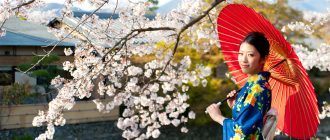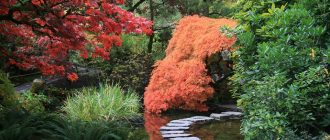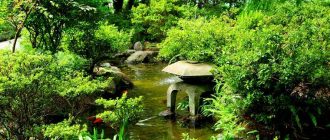Looking for a natural remedy for you muscle aches & cramps? Try one of these ancient traditional Japanese herbal treatments for sore muscles & arthritis.
Japanese herbal remedies for Sore Muscles
There are a variety of herbs used in Japanese medicine with proven beneficial qualities for the treatment of sore muscles, arthritis, tennis elbow, muscle spasms, rheumatism and even sporting injuries such as common cruises.
Because herbs are natural products quite often you can administer them in one of a few ways, the most common of which are ingestion with food and drink, or through direct application to the skin. Although you could conceivably derive benefit from consuming herbs in tea in order to relive sore muscles, by far the most popular way of using Japanese herbal remedies for sore muscles is to apply the herbs directly to the skin.
Japanese Herbal Essences
Modern Japanese herbal medicine relies on the efficient administration of herbs through preparing them to be dispensed and consumed in an easy and measurable fashion. This means that Japanese herbal remedies for sore muscles usually come in the form of an ointment, which is itself composed of a finely balanced mixture of several herbal essences, designed to give fast relief for sore muscles and promote quick cell regeneration.
Japanese Herbs
When buying a product that claims to be a Japanese herbal product that will relieve your sore muscles, look out for any of the following ingredients:
Psuedoginseng: This is a commonly used herb in Japanese Kempo for pain relief. It’s particularly good for sore muscles because in addition to relieving the pain, it simultaneously acts as an analgesic and increases blood flow to the area which sppeds up healing time.
Angelica: This is another commonly used herb that promotes blood circulation. The more blood circulation going to the sore muscle the sooner it will heal.
Dipsacis: This herb is incredibly potent. Not only is it credited with being instrumental in muscle repair, but such is its potency that Japanese herbalists prescribe this for treatment of muscular- skeletal problems. That includes fractured bones.
Japanese Peppermint: This is by far the most common ingredient found in products advertising themselves as Japanese herbal remedies for muscle pain. In fact, a product need not be Japanese at all to contain this herb, as this type of mint can be grown anywhere. This form of mint, which is about 85% menthol is very commonly used in many analgesic and anti congestion rubs. It has a cooling analgesic affect that soothes sore muscles.
Japanese Herbal Remedies
The ancient Japanese herbal medicine known as Kampo is a system that has been practiced since the 7th century in Japan, when it first came to the country from China. In fact Kampo and traditional Chinese medicine bear several similarities even today, and for a long time in history there was a two way exchange of information between medical communities in both China and Japan. However, Japanese herbal remedies today often differ quite clearly from Chinese medicine as over the years Japanese herbalists have come to rely on their own set of specific herbs to the exclusion of many hundreds that are still used in Chinese herbal medicine.




